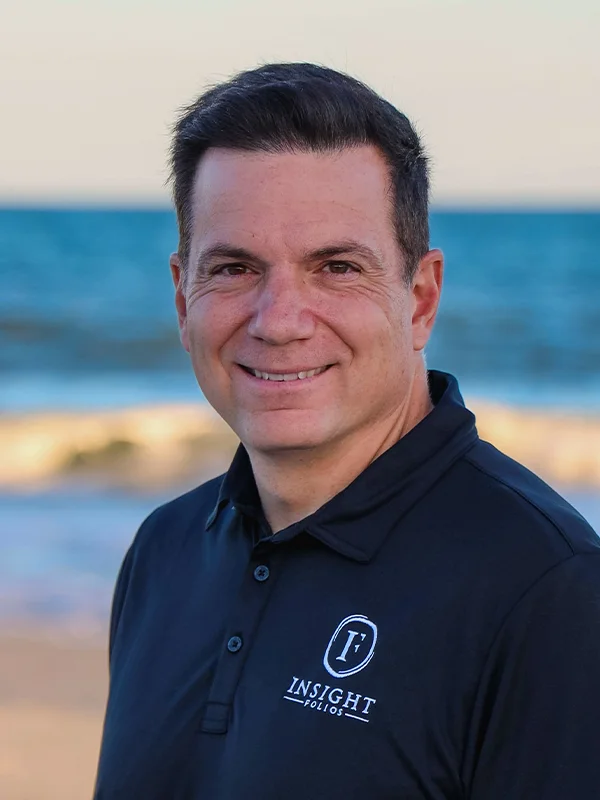The most important December “to do” list may not be related to shopping or parties. Checking your financial list twice could be the best gift you give yourself and your family.
For some things related to your finances, the clock resets on January 1, so if you don’t get a handle on some things now, it will soon be too late. I’ve put these into categories.
1. Health
Many companies offer Flexible Spending Accounts, which means employees put money away for health care expenses and they do not pay taxes on the money. It’s time to check your plan and see if you have money left in that account. If you do, consider your health and wellness and think about if there are any appointments or procedures you need to schedule. Some plans allow employees to use the money for another 2 ½ months into 2016 or to rollover up to $500. So, now is the time to understand what money you have available and to take advantage of your FSA.
2. Wealth
You have until the end of the year to contribute to your 401(k), 403 (b) or 457 retirement plan, and the IRS changed the amount you can contribute for 2015. I encourage people to max out their contributions at $18,000. If you are over age 50, you can contribute an additional $6,000. Taking full advantage of this now can make a major impact on your wealth when you retire.
3. Taxes
You have until December 31st to make charitable donations that will count towards your 2015 contributions for tax purposes. Many of the families I work with also like to take time over the holidays to teach their kids and grandkids about giving back. Don’t forget, you can always give your time! You can’t deduct the hours, but you might be able to deduct any out-of-pocket expenses directly linked to volunteering.
4. Debt
It’s good time to evaluate debt. Many families spend the holidays going deeper into debt. In fact, a study that came out this time last year found that it will take the average middle-class family 2 ½ months to pay off their holiday debt. When it comes to debt, it’s important to come up with a plan to pay it off, so you aren’t thinking about it next December. Start by getting organized with a debt budget worksheet.
5. Dream
This is my favorite tip. What do you want to accomplish in 2016 and how much will it cost? Is this the year for the trip of a lifetime or the year you will contribute an additional $10,000 to your retirement fund or finally establish an emergency fund or start saving for your kids’ college? If you put some money into your “dream fund” each week, you can accomplish your goals. Identify your dream and plan for it so it can be a reality next year.
